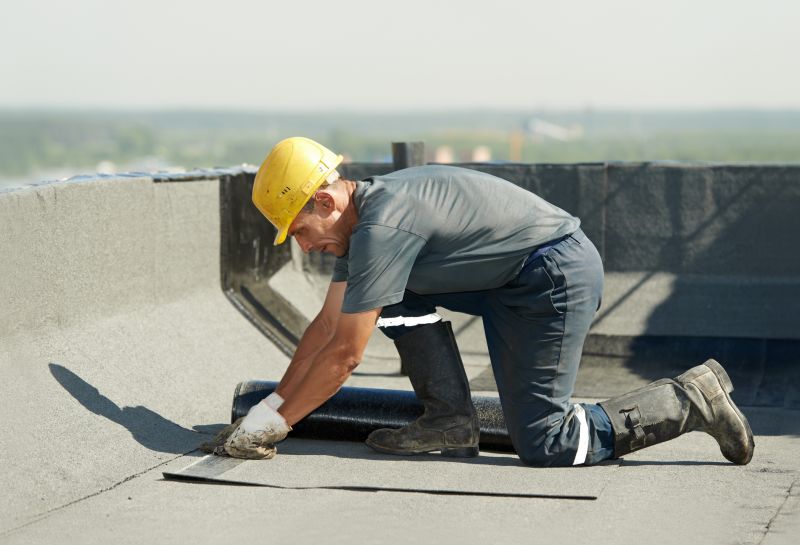Cost of Waterproofing in Dekalb, IL
Waterproofing services in Dekalb, IL, are essential for protecting your property from water damage and moisture issues. The cost can vary depending on the size of the area, the type of materials used, and the complexity of the project. It’s important to consider these factors when planning your waterproofing needs.
While this guide provides a general overview of waterproofing costs, final pricing will depend on the specific scope of work, selected materials, and labor requirements. Consulting with local professionals can help you get accurate estimates tailored to your property and needs.
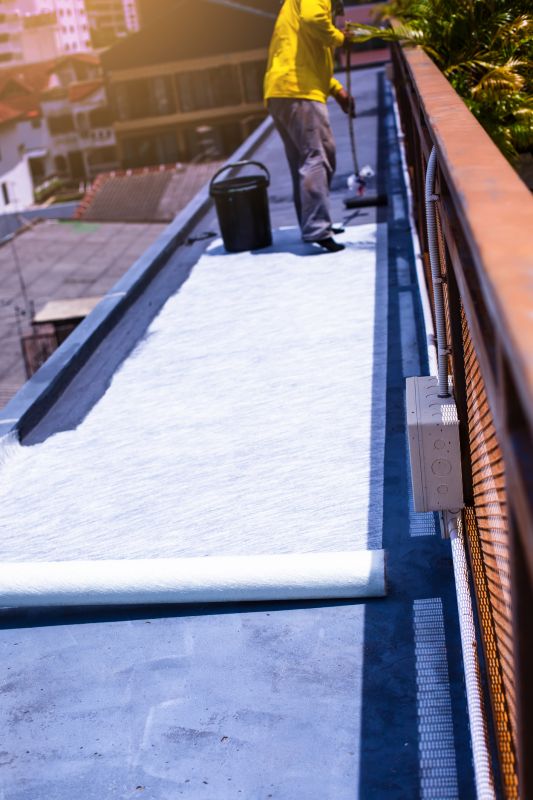
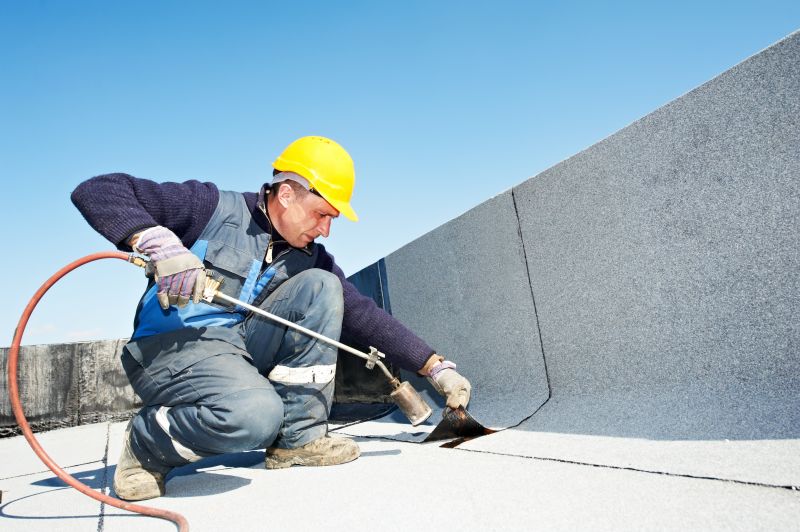
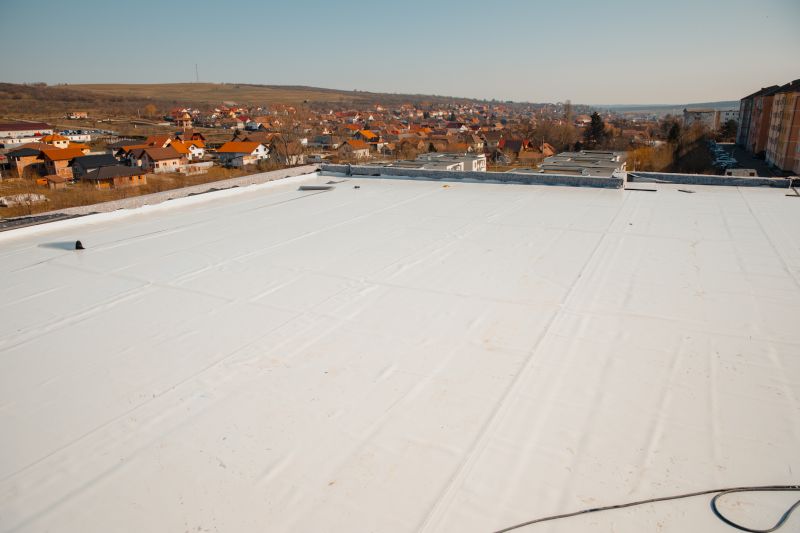
Waterproofing Price Range in Dekalb, IL
Typical Low Price: $2,000
Typical High Price: $8,000
| Project Type | Typical Range |
|---|---|
| Basement Waterproofing | $2,500 – $7,000 |
| Foundation Sealing | $1,500 – $4,500 |
| Driveway Waterproofing | $1,200 – $3,500 |
| Exterior Wall Waterproofing | $3,000 – $8,000 |
| Basement Drainage Systems | $4,000 – $12,000 |
| Crawl Space Waterproofing | $2,000 – $6,000 |
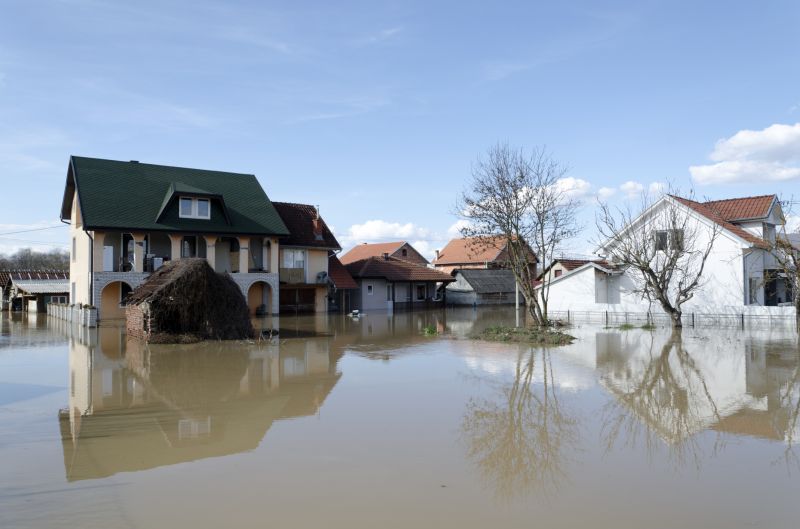

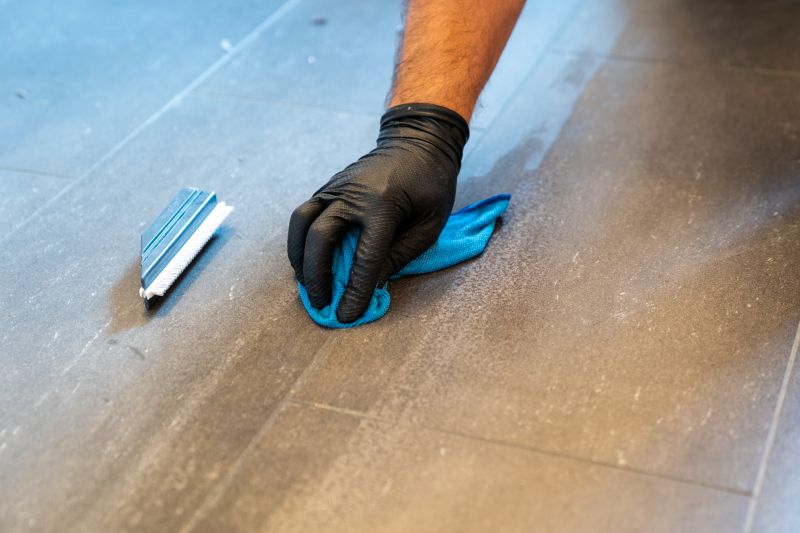
What Affects the Cost of Waterproofing in Dekalb, IL
Understanding the factors that influence waterproofing costs can help you plan and budget effectively for your project in Dekalb, IL. Several key elements determine the overall expense, from materials to project scope.
- Materials: The type and quality of waterproofing products used can impact the cost.
- Size and Scope: Larger areas or complex structures typically require more resources and labor.
- Labor Complexity: Accessibility and the intricacy of the installation process can affect labor costs.
- Permitting: Necessary permits and inspections may add to the overall expense.
- Extras: Additional services such as drainage systems or surface repairs can influence total costs.
| Scope/Size | Typical Range |
|---|---|
| Small area (e.g., bathroom) | $500 – $1,500 |
| Medium area (e.g., basement) | $1,500 – $4,000 |
| Large area (e.g., entire foundation) | $4,000 – $10,000 |
| Whole structure waterproofing | $10,000 – $50,000+ |
Note: Costs can vary based on materials, accessibility, and specific project requirements.


